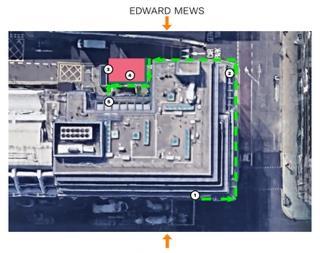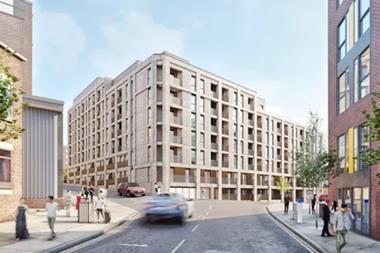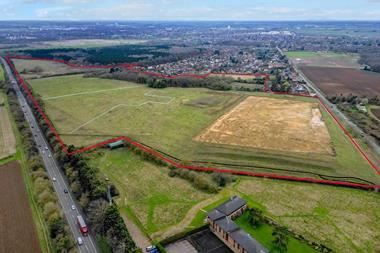The outlook for the housing market has been much complicated by the uncertainties that have come with the UK’s vote to leave the EU.

Overall, the outlook for both house price growth and transaction levels over the next two years is weaker than before the vote, but there is a wide range of possible outcomes.
Those depend on how uncertainty affects confidence in the UK’s economic performance and hence its housing markets.
In our central scenario, we expect a weaker economy to slow house price growth and transactions as consumer confidence, household incomes and the labour market are affected. We expect UK house price growth to fall to 2.5% in 2016 and to -1.0% in 2017, recovering to 2% in 2018.
As affordability has deteriorated, fuelled by an insufficient growth in the supply of new homes, some form of adjustment was always a possibility.
Stamp duty taking its toll
But the effects won’t be the same across the whole of the country. We expect the London markets to see the biggest falls in house price growth, particularly at the most expensive end of the scale.
Some of that slowdown is entirely unrelated to Brexit. Higher stamp duty is taking its toll, but after several years of double-digit price growth, expectations of future capital gain - a key driver of demand - have also weakened.
Forecasts
| 2016 | 2017 | 2018 | |
|---|---|---|---|
| UK | 2.50% | -1.00% | 2.00% |
| North East | 0.50% | -0.25% | 2.00% |
| North West | 1.50% | -0.25% | 3.00% |
| West Midlands | 2.50% | -0.50% | 2.00% |
| East | 4.00% | -1.00% | 2.00% |
| South East | 3.50% | -1.00% | 2.50% |
| South West | 3.00% | -0.50% | 2.00% |
| Wales | 1.00% | -0.25% | 1.00% |
| Greater London | 3.50% | -1.25% | 2.00% |
| Scotland | 1.50% | 0.00% | 2.00% |
While we expect London and South East markets to see the largest slowdown in prices, the north and the Midlands do not escape. Weaker economic growth takes part of the responsibility, but so too will uncertainty about inward investment, despite the support of a weaker currency.
But the enduring characteristic of the UK housing market remains. When debt is cheap and we aren’t building the homes that the demographics demand, simple economics dictate that there will be upward pressure on prices. That lack of supply will continue to support house prices and prevent a larger fall.

In the rental markets, demand for private rented accommodation will remain strong. Uncertainty about the path of house prices and slower activity are each likely to affect the supply and demand for rented accommodation.
Those unable to sell in a slower market may choose to rent their property to gain an income, while those moving may choose to rent for a while before purchasing, particularly if they expect a reduction in prices.
Forecasts are always uncertain, but there are higher-than-usual risks now because of the extraordinary nature of the challenges ahead. Most risks are to the downside and will be dominated by the UK’s ability to leave the EU in an orderly fashion and maintain its trade links. It isn’t certain, but an orderly exit is in the interest of the EU and indeed global economies.
Fionnuala Earley is chief economist at Countrywide






























No comments yet